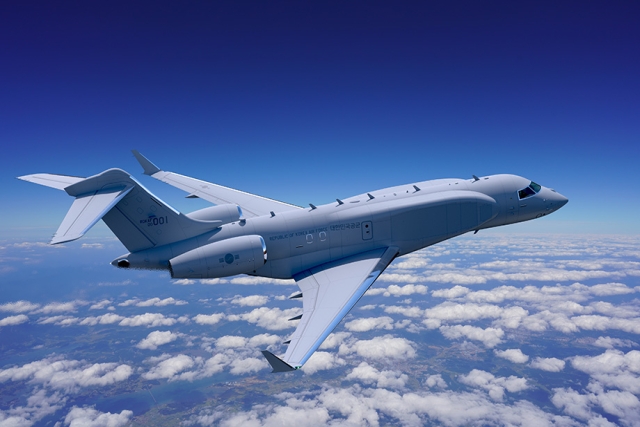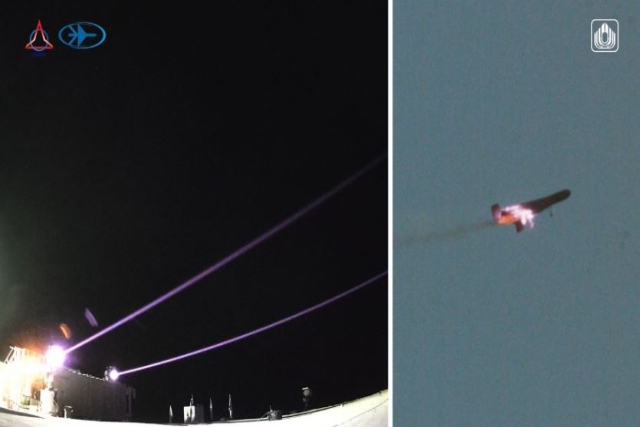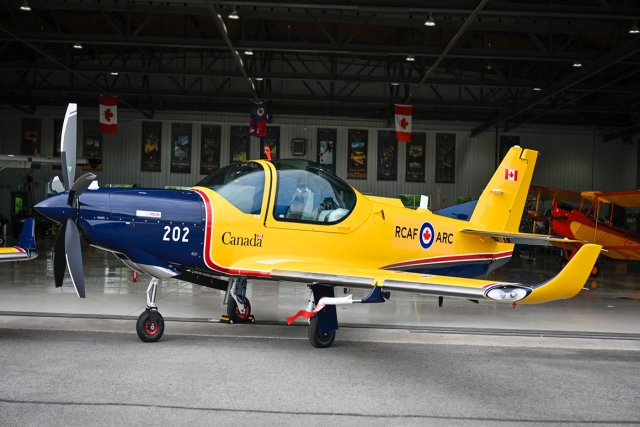QuantaQuest Concludes 28-Month Quantum Technologies Defence Research Project
Project goal: Develop quantum sensors for autonomous positioning, secure C4ISR communication, and a quantum sensor network.

The QuantaQuest project, focusing on the application of quantum technologies in defence, has concluded its 28-month exploration with breakthroughs in secure communication and navigation.
The project, officially named "QuantaQuest – Quantum Secure Communication and Navigation for European Defence," was funded by the European Union (EU) under the Preparatory Action on Defence Research (PADR).
Led by THALES SA of France, the consortium comprised nine defence companies and research institutes from France, Italy, and the Netherlands, with a total budget of approximately €1.5 million. The project aimed to develop quantum sensors and communication systems for military applications, specifically targeting fully autonomous positioning and timing, secure communication for Command, Control, Communications, Computers, Intelligence, Surveillance and Reconnaissance (C4ISR), and a quantum network of sensors for synergic connection.
The final meeting of the QuantaQuest consortium took place at the European Defence Agency (EDA) in December 2023, where the team detailed operational scenarios and presented key technological developments across the designated areas.
In the field of fully autonomous positioning and timing for military platforms, the project achieved a crucial milestone by developing a deployable fully quantum inertial measurement unit. This unit, utilizing cold atoms trapped in a chip and photonic integrated circuit technologies, promises ultraprecise quantum measurements in a reduced size, facilitating integration into future mobile systems for precise navigation, even in environments with denied access to global satellite navigation systems.
For secure communication in C4ISR, the project successfully implemented a free-space quantum key distribution in an urban environment. This innovative approach involves sending photons through free air, as opposed to traditional optical fiber connections, ensuring secure key transfer for encrypted communication in operational settings.
Lastly, in the realm of quantum synchronization, the project developed a quantum interface and evaluated the performance of synchronizing two clocks. This advancement holds potential for disruptive improvements in sensor sensitivity.
QuantaQuest also delved into operational scenarios to establish a roadmap for the military application of quantum technologies. Building on the accomplishments of the past 28 months, the consortium initiated a follow-up project titled "ADEQUADE - Advanced, Disruptive and Emerging Quantum Technologies for Defence," funded under the European Defence Fund (EDF) 2021.
The QuantaQuest project was funded under the Preparatory Action for Defence Research (PADR) call on the topic "Future Disruptive Defence Technologies – Emerging Game-changers," specifically focusing on "Quantum Technologies for defence applications." PADR, launched by the European Commission in 2017, aimed to assess and demonstrate the added value of EU-supported defence research and technology (R&T), paving the way for the European Defence Programme within the European Defence Fund (EDF) under the EU’s Multiannual Financial Framework (2021-2027). The PADR implementation is overseen by the European Defence Agency (EDA) through a Delegation Agreement signed between the European Commission and EDA on May 31, 2017.










